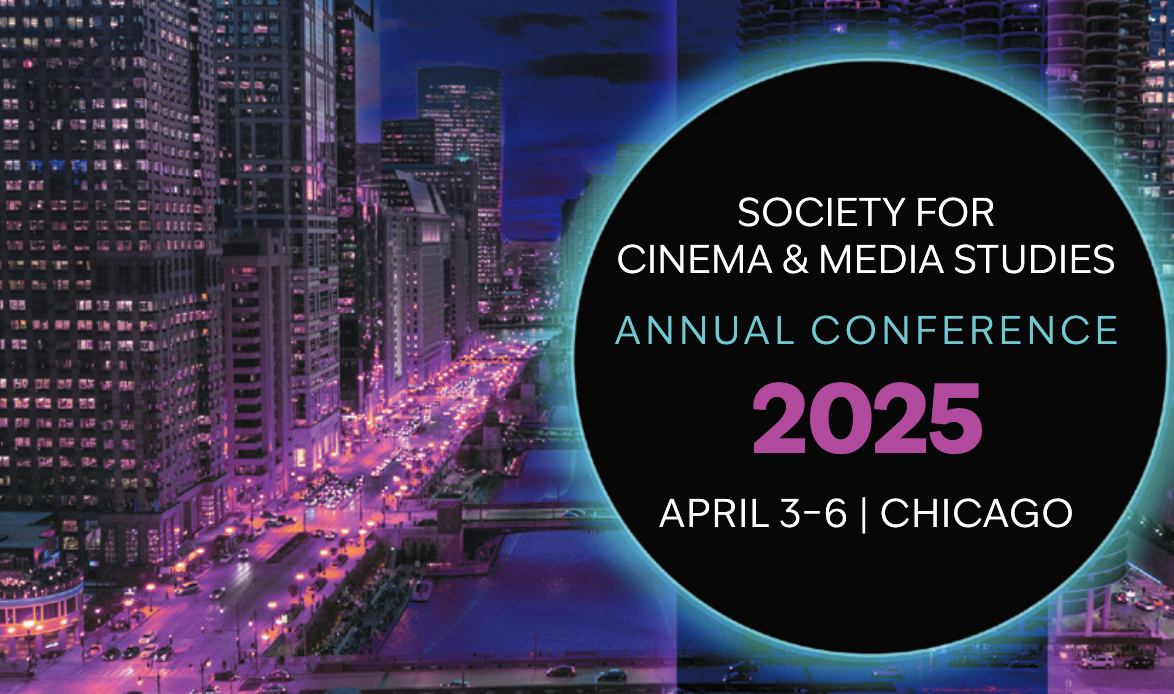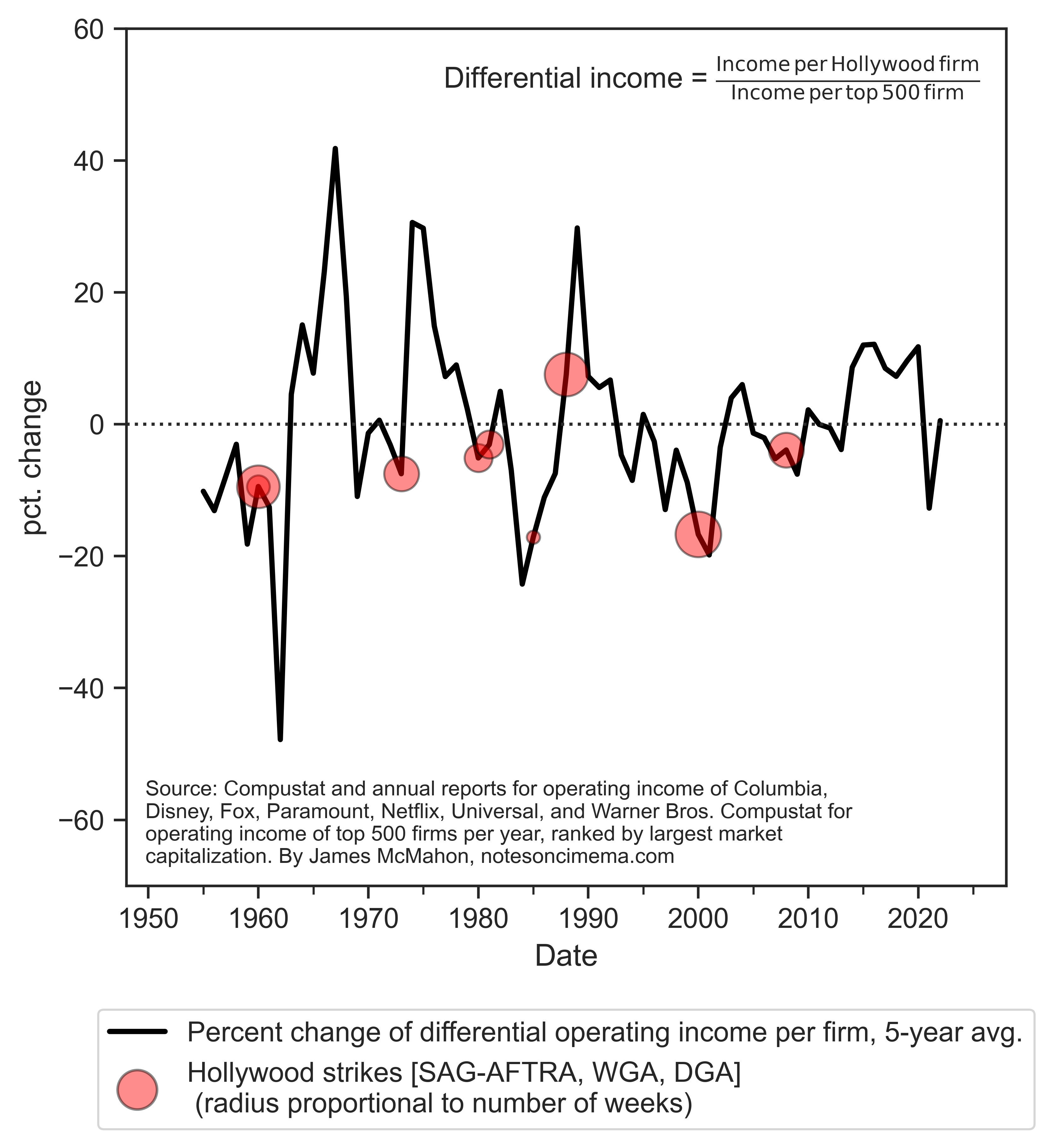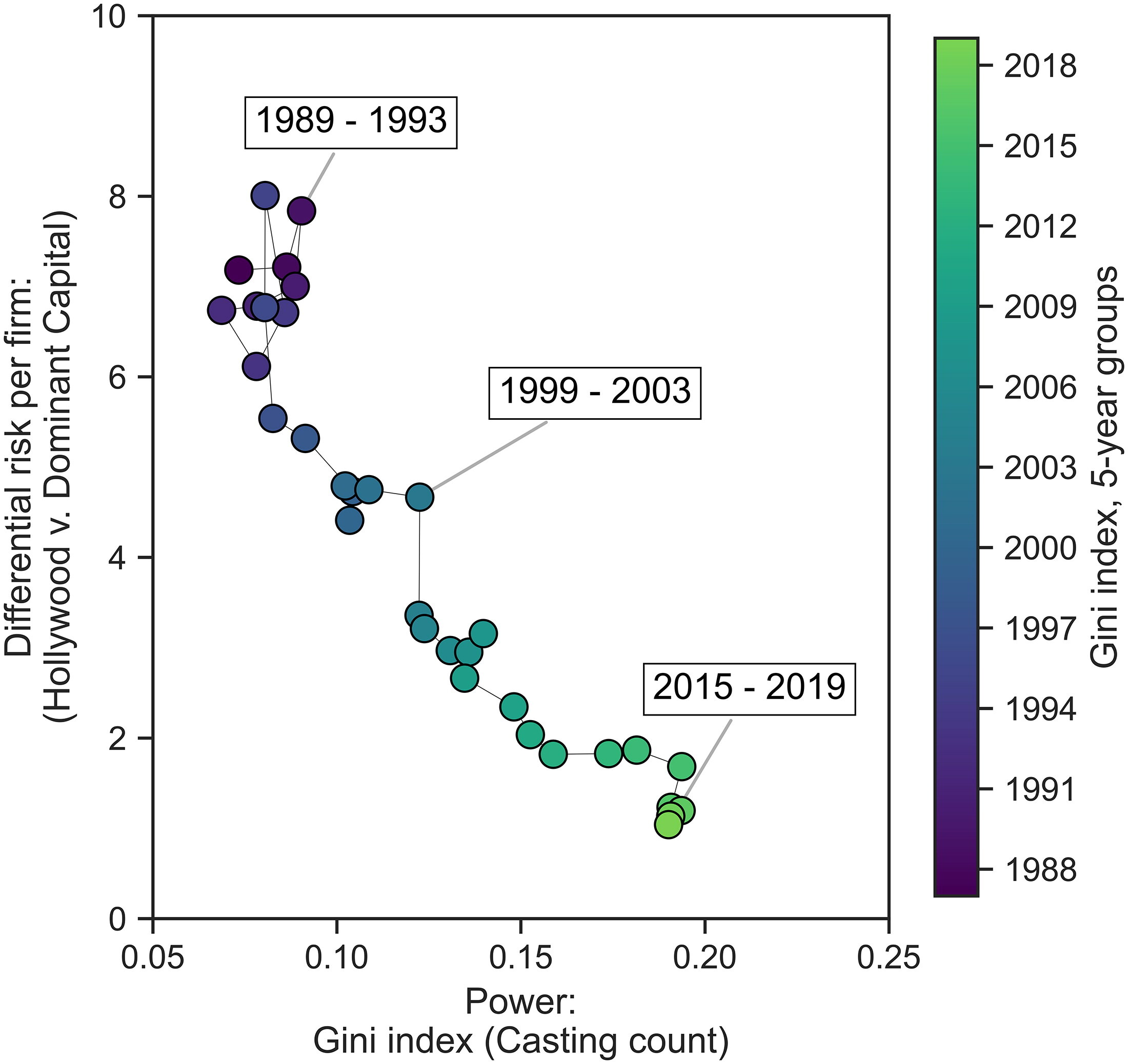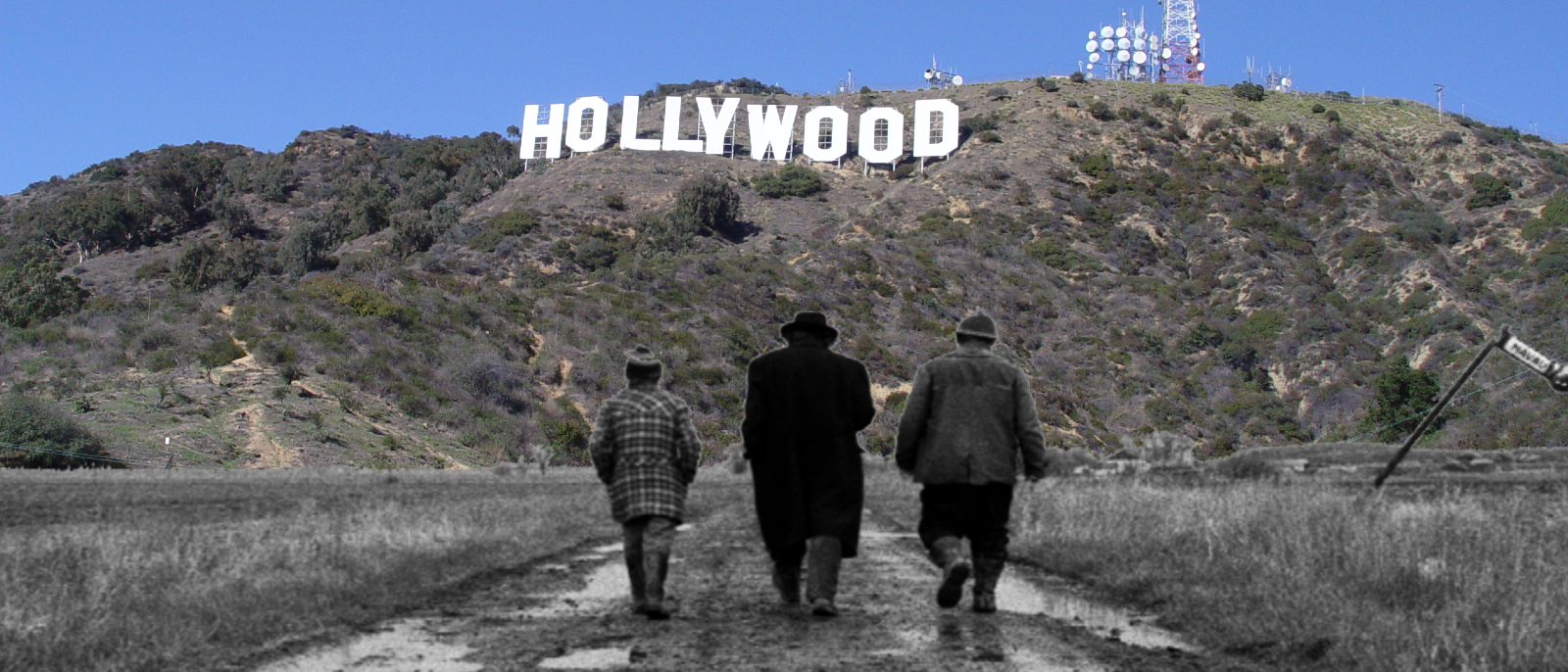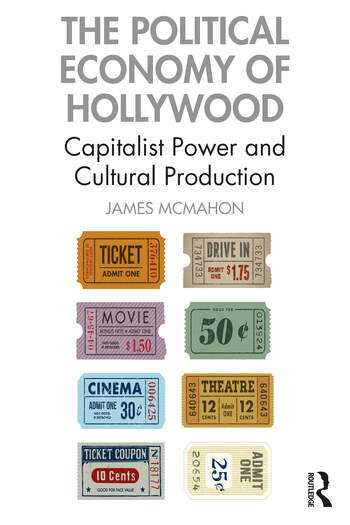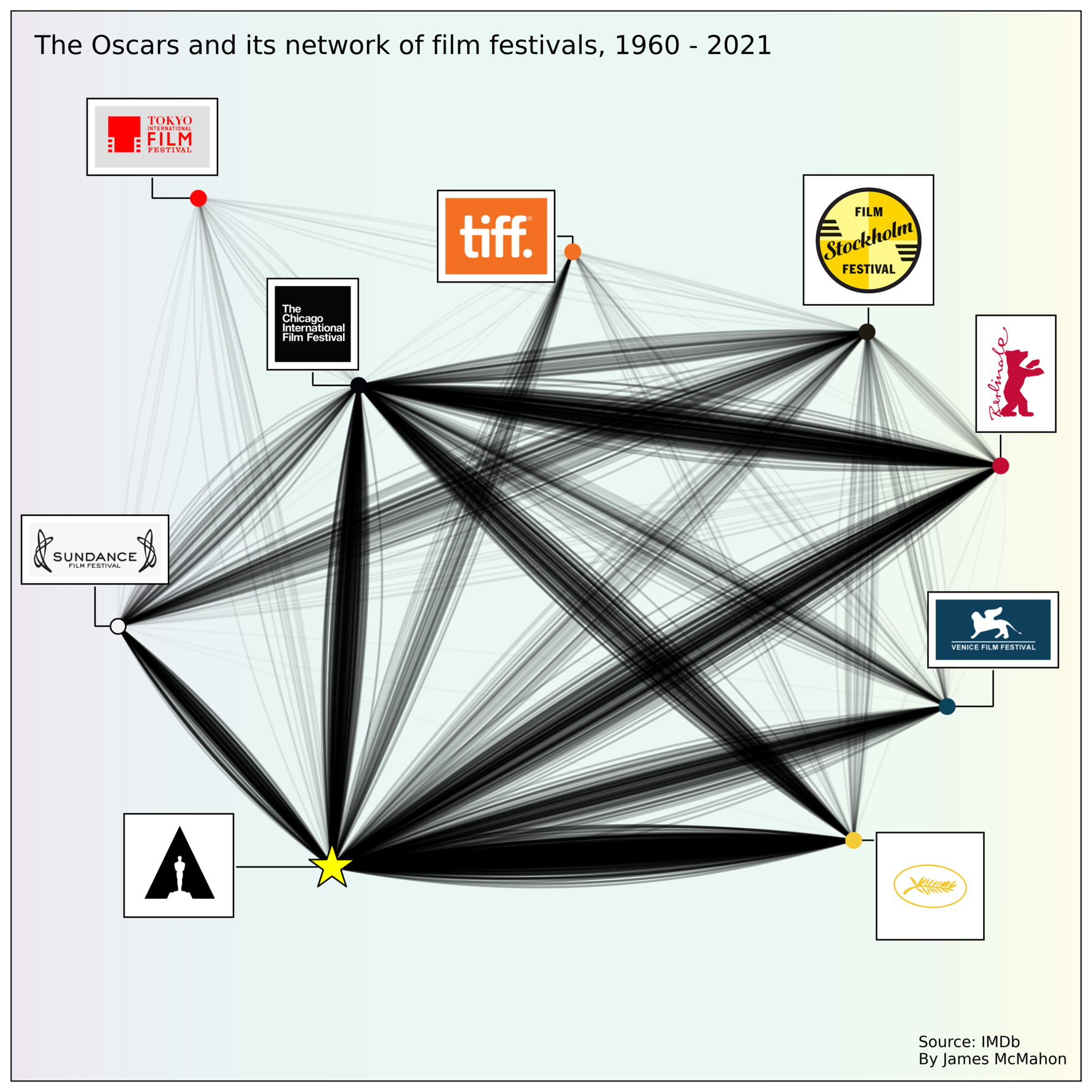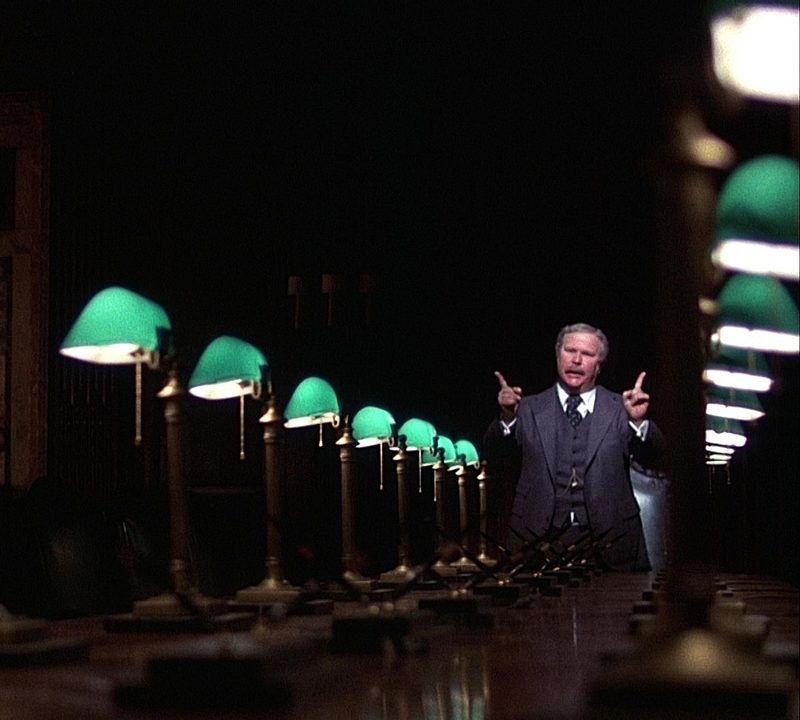Originally published at notes on cinema James McMahon To most of us, the beating heart of Hollywood film and TV is where we imagine it is supposed to be, in the historical studio lots of Hollywood, California. This must be where movie magic is made. To those working in film and TV production today, there […]
Continue ReadingNetflix’s Crisis of Accumulation: chart book for my SCMS2025 presentation
Originally published at notes on cinema James McMahon I will be presenting at the Society for Cinema and Media Studies (SCMS) conference on Friday, April 4 at 6PM. Here is the chart book for the presentation, which contains sources and notes on all of the figures: [ PDF of SCMS2025 Chart Book ] Here is […]
Continue ReadingSCMS Presentation: The Political Economic Roots of Hollywood Strikes, 1950-2023
Originally published at notes on cinema James McMahon This paper investigates the timing of labour strikes in Hollywood. The occurrence of strikes, such as the WGA and SAG-AFTRA strikes in 2023, can make sense when we have the hindsight to piece together the historical details of what created rifts between labour and management. But was […]
Continue ReadingThe political economic roots of Hollywood strikes, Part 3
Originally published at notes on cinema James McMahon Around the time of this post, SAG-AFTRA and the Alliance of Motion Picture and Television Producers (AMPTP) produced a tentative agreement in their 2023 negotiations. The SAG-AFTRA National Board approved the tentative agreement, and recommends for the ratification of the 2023 TV/Theatrical contracts. – J When the […]
Continue ReadingThe political economic roots of Hollywood strikes, Part 2
Originally published at notes on cinema James McMahon Missed Part 1? You should start here. Author’s note: Around the time of this post, the WGA and the Alliance of Motion Picture and Television Producers (AMPTP) produced a tentative agreement in their 2023 negotiations. The WGA Negotiating Committee, the WGAW Board and WGAE Council all voted […]
Continue ReadingThe political economic roots of Hollywood strikes, Part 1
Originally published at notes on cinema James McMahon On May 2, 2023, the Writers Guild of America (WGA) went on strike after failing to reach an acceptable agreement with the Alliance of Motion Picture and Television Producers (AMPTP), the trade association that negotiates for the film and television interests of the major Hollywood studios. While […]
Continue ReadingMcMahon, ‘Star Power and Risk: A Political Economic Study of Casting Trends in Hollywood’
Abstract This paper builds an empirical and theoretical model to analyze how the financial goal of risk reduction changed the insides of Hollywood’s star system. For the moviegoer looking at Hollywood cinema from the outside, the function of the star system has remained the same since the 1920s: to have recognizable actors attract large audiences […]
Continue ReadingWith Great Power Comes Great Fear
Originally published at Economics from the Top Down Blair Fix Over the last year, I’ve watched with horror and amusement as health agencies around the world flip-flopped their advice on how to deal with COVID. My horror comes from knowing this flip-flopping breeds mistrust in science. But I am (morbidly) amused because I know that […]
Continue ReadingWhat does the growing divide on Rotten Tomatoes mean?
Originally published at notes on cinema James McMahon Rotten Tomatoes (RT) found a way to get every last drop from the well of convenience. Film criticism is already pressured, tacitly by convention, or explicitly by editors and bosses, to give bite-size scores with thumbs (up or down), stars (out of 4 or 5), letter grades […]
Continue ReadingThe habits of Netflix’s users
Originally published at notes on cinema James McMahon Like other streaming services, Netflix does not make its user data public. To date, there are two exceptions to this privacy. Netflix released a large dataset of anonymized user activity when it offered a one million dollar prize for the best AI model that could predict user […]
Continue ReadingWhen Hollywood defines the limits of good cinema
Originally published at notes on cinema James McMahon On the question of who judges the quality of a film, it is easy to start with a notion that the ultimate judge of a film’s quality is the individual moviegoer. As individual moviegoers, this is often what we think we are doing: we have the autonomy […]
Continue ReadingMcMahon, ‘Why Scorsese is Right About Corporate Power’
Abstract In the March 2021 issue of Harper’s, Scorsese wrote an essay to pay tribute to Federico Fellini, the Italian director who directed such great films as La Strada, 8 1/2, La Dolce Vita, Nights of Cabiria and Satyricon. Scorsese writing on Fellini is definitely newsworthy for cinephiles who want to know about Fellini’s beginnings […]
Continue ReadingMcMahon, ‘The Political Economy of Hollywood’
Abstract In Hollywood, the goals of art and business are entangled. Directors, writers, actors, and idealistic producers aspire to make the best films possible. These aspirations often interact with the dominant firms that control Hollywood film distribution. This control of distribution is crucial as it enables the firms and other large businesses involved, such as […]
Continue ReadingDo all roads lead to the Oscars? Part II
Originally published at notes on cinema James McMahon We ended the last post with a scenario of someone dreaming of their film going all the way to the Academy Awards. But I also waved away any dreamy smoke that clouds our imaginations about this outcome. As was shown in Figure 5, which is pictured below, […]
Continue ReadingDo all roads lead to the Oscars? Part I
Originally published at notes on cinema James McMahon Sitting through the Academy Awards ceremony can be frustrating if you watch a lot of films. The breadth of your viewings has given you the perspective to see how some very good films are either receiving small numbers of nominations or are outright ignored across all categories. […]
Continue Reading2022/01: McMahon, ‘Star power and risk: A political economic study of casting trends in Hollywood’
Abstract This paper builds an empirical and theoretical model to analyze how the financial goal of risk reduction changed the insides of Hollywood’s star system. For the moviegoer looking at Hollywood cinema from the outside, the function of the star system has remained the same since the 1920s: to have recognizable actors attract large audiences […]
Continue ReadingMaking culture rational … with power
Originally published at notes on cinema James McMahon A survey of academic writing on the business of culture will show that authors seldomly restrain themselves from making predictions or giving recommendations to the hypothetical economic actor. This offering of future-oriented arguments to an audience should not be surprising. The disciplines of economics, business, management studies […]
Continue ReadingAn evolving filmography about power
Originally published at notes on cinema James McMahon I have been fortunate enough to teach university classes on politics and film. I am certain few students in these classes could guess how stressful it was to assemble a list of films for each semester. The films I showed in class or assigned as homework have […]
Continue ReadingHollywood’s mantra: “Nobody knows anything”
Originally published at notes on cinema James McMahon Your movie turned out the be a flop? “Nobody knows anything”. You mistakenly believed consumers wanted to see a movie set in the 1920s? “Nobody knows anything”. You thought your casting decisions were going to be loved by all? “Nobody knows anything”. “Nobody knows anything”–this was the […]
Continue ReadingMcMahon, ‘What Makes Hollywood Run? Capitalist Power, Risk and the Control of Social Creativity’
Abstract This dissertation combines an interest in political economy, political theory and cinema to offer an answer about the pace of the Hollywood film business and its general modes of behaviour. More specifically, this dissertation seeks to find out how the largest Hollywood firms attempt to control social creativity such that the art of filmmaking […]
Continue Reading

